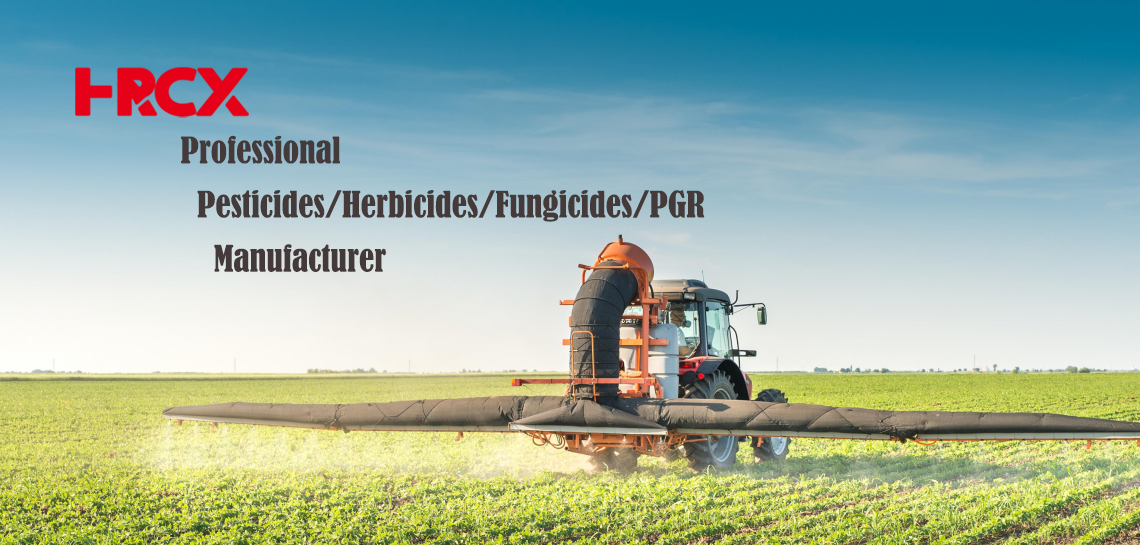TRICHLORFON SP 80%
Trichlorfon is an organophosphorus pesticide with low toxicity and broad insecticidal spectrum. It can become dichlorvos in weak alkaline solution, but it is unstable
and will decompose and lose effectiveness quickly. It has a strong gastric poisoning effect on pests and has contact killing effect. It is permeable to plants but has no
systemic effect.
Applicable crops: cabbage, tomatoes, peppers, onions, ginger, garlic, apples, pears, citrus, rice, wheat, lychees, etc.
CAS: 52-68-6
Chemical formula: C4H8Cl3O4P
Product Details

DESCRIPTION:
Trichlorfon is used as an insecticide. It is suitable for the prevention and control of chewing mouthpart pests on rice, wheat, vegetables, tea trees, fruit trees, mulberry trees, cotton and other crops, as well as livestock parasites and sanitary pests; an organophosphorus pesticide. A highly efficient, low-toxic, low-residue, broad-spectrum insecticide, mainly gastrotoxic, with both contact and penetrating activity.
Instructions
It has a wide range of applications in agriculture and is used to control various pests such as cabbage caterpillars, cotton leaf springtails, wild mulberry silkworms, mulberry vines, weevils, fruit leaf wasps, fruit flies and other pests. Refined trichlorfon can be used to control internal and external parasites in pigs, cattle, horses, and mules, and is effective against household and environmental health pests. It can be used to treat schistosomiasis and is a good multi-effect anthelmintic in animal husbandry. Trichlorfon has contact and stomach poisoning effects and penetrating activity. The raw powder can be processed into powders, wettable powders, soluble powders and emulsions and other dosage forms. It can also be directly prepared into aqueous solutions or made into poisonous baits for the prevention and treatment of chewing mouthparts and sucking mouthparts in agriculture, forestry and gardening. pests, underground pests, etc.; used as insecticide.
Target Pests:
Pine caterpillars, mulberry caterpillars, beetles, leaf rollers, cabbage caterpillars, ladybugs, aphids, whiteflies, cotton bollworms, leaf rollers and other vegetable pests.
Precaution:
1. It cannot be used in conjunction with or at the same time as alkaline drugs. Because "trichlorfon" is an organophosphorus agent, if it meets alkaline drugs or alkaline substances, it will increase its toxicity, cause poisoning of livestock, and even cause death. Sodium bicarbonate, artificial salt, Jianwei Powder, sodium salts of various sulfonamide drugs, soft soapy water, hard soapy water, lime water, etc. are all alkaline drugs and should be avoided in combination with or used at the same time as trichlorfon. In addition, if ordinary water is alkaline hard water, it cannot be used to prepare trichlorfon solution.
2. Do not exceed the therapeutic dose. Because the therapeutic dose of "trichlorfon" is very close to the toxic dose, if you are not careful, livestock will be poisoned or even die due to excessive dosage.
3. Poultry cannot be dewormed with trichlorfon. Because "trichlorfon" is an organophosphorus preparation, poultry such as chickens, ducks and geese are particularly sensitive to organophosphorus preparations. Therefore, except for chicken knee mite disease, which can be soaked with a dilute solution of 0.1% to 0.15% "trichlorfon" for external use, it is absolutely "Trichlorfon" cannot be taken orally as an anthelmintic for poultry.

Online Message
If you have any needs , please fill out the form below and we will contact you as soon as possible.






